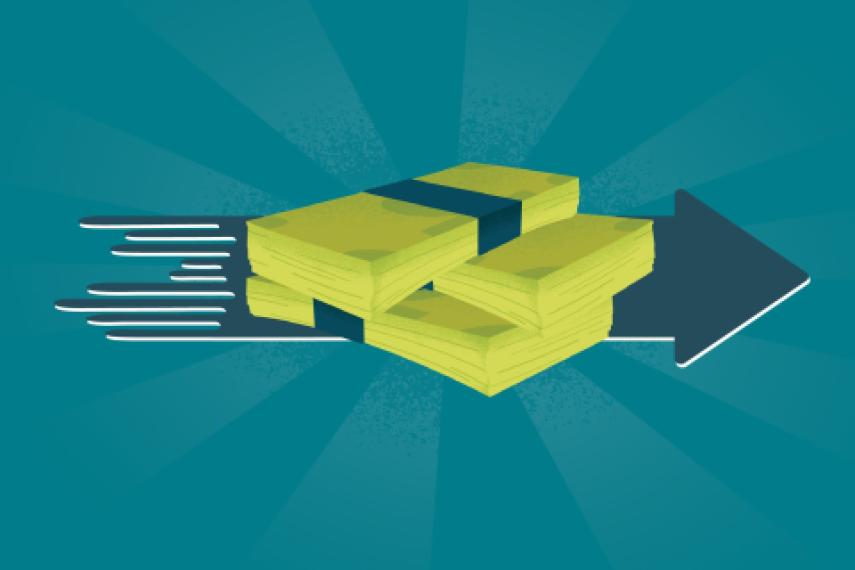
When it comes to planning for retirement, many Americans rely on employer-sponsored retirement plans. According to the U.S. Bureau of Labor Statistics, 73% of civilian workers had access to retirement benefits in 2023. If you have a retirement plan through your employer, take advantage of it! It's a great way to secure your financial future.
But what if your job doesn't offer retirement benefits or you're self-employed? The good news is there are alternative options for retirement savings beyond traditional 401(k) and 403(b) accounts. One such option is the payroll deduction IRA which allows workers to save for retirement on their own terms.
What is a Payroll Deduction IRA?
A payroll deduction IRA is an individual retirement account that is not sponsored by and employer. Employees contribute to their IRA by having automatic deductions taken from their paycheck — hence the name "payroll deduction." Workers can choose to have a specific dollar amount or percentage of their pay automatically transferred to their retirement account.
You can use a payroll deduction IRA to fund either a traditional or Roth IRA. Just like other individual retirement accounts, payroll deduction IRAs typically offer a variety of low-cost investment options. This ensures that workers without employee sponsorship still have a path to save for retirement.
How Do They Work?
Payroll deduction IRAs are typically set up through a financial institution. Once you select an institution, you can choose between a traditional or Roth IRA. (The main difference between these account types is how they're taxed -- read the next section for more info.)
Once your account is established, you can set up automatic payroll deductions. You can choose to have a percentage of your paycheck or a fixed dollar amount deducted. Just be sure to keep the annual contribution limits in mind when making your selections. Over time your retirement savings will steadily grow.
Traditional vs. Roth IRAs
IRAs offer several tax advantages that can help you grow your savings faster.
Traditional IRA Tax Benefits.
With a Traditional IRA, you don't pay taxes on your contributions until you withdraw them. This feature lowers your taxable income each year, reducing the amount of income tax you pay. Additionally, it may lower your adjusted gross income (AGI), which could make you eligible for other tax benefits.
Roth IRA Tax Benefits.
The key benefit of a Roth IRA is that you won’t have to pay taxes on your withdrawals because you've already paid taxes on your contributions. Another major advantage of Roth IRAs is that they don’t have required minimum distributions (RMDs), meaning you never have to withdraw funds if you don't need to. This feature makes Roth IRAs especially attractive for those who want to leave assets to their heirs. Additionally, you can withdraw your Roth IRA contributions (but not earnings) without taxes or penalties.
Open an IRA With Horizon
If you're looking to set up your own payroll deduction IRA, you've come to the right place! Horizon offers both IRA share and certificate accounts for strategic money maximization at any age.
Maybe you're looking forward to enjoying more time with family, traveling the world or focusing on your favorite hobby when you retire. Prepare with a Horizon IRA to make those dreams a reality. Just visit you local branch to get started!
